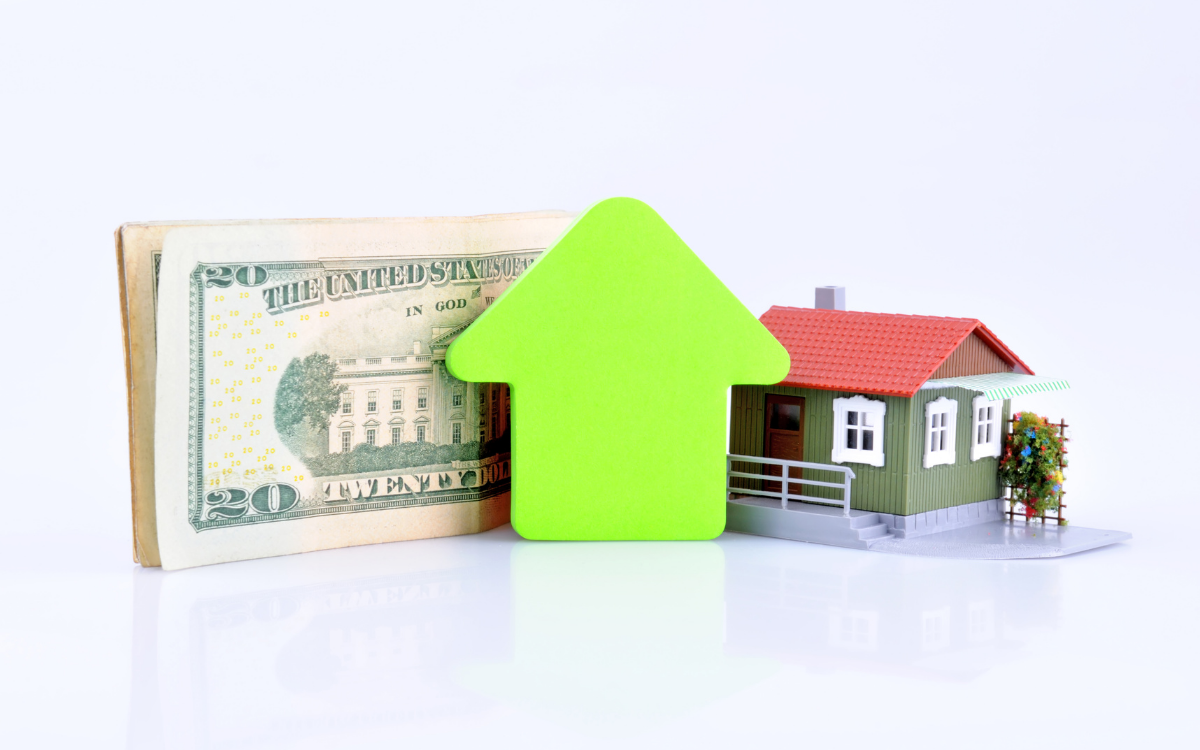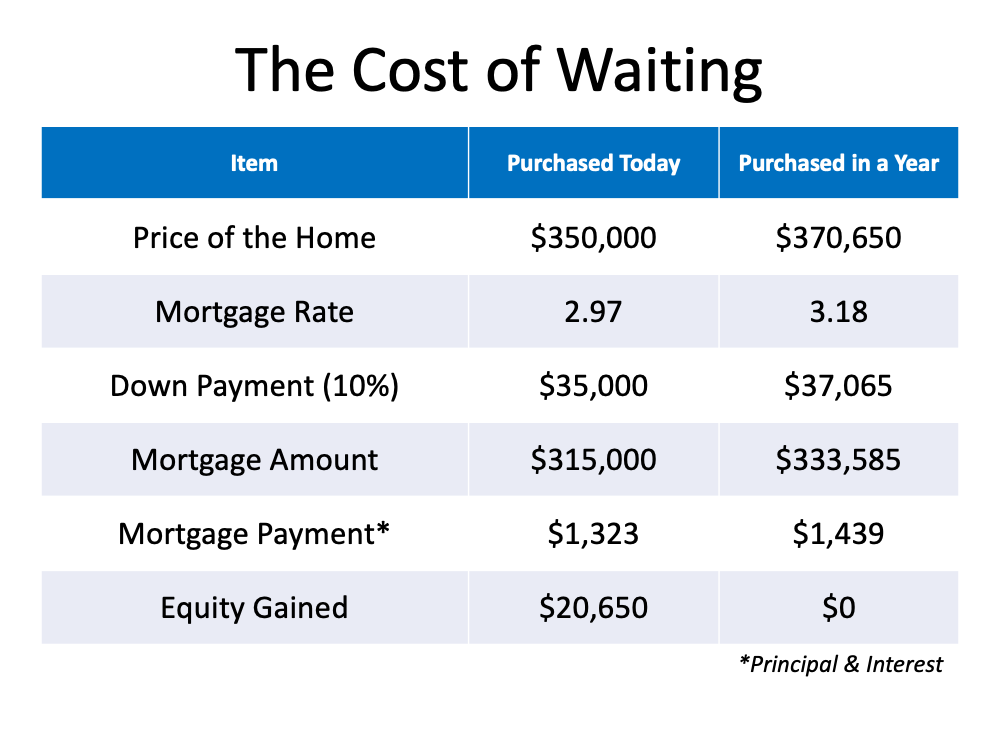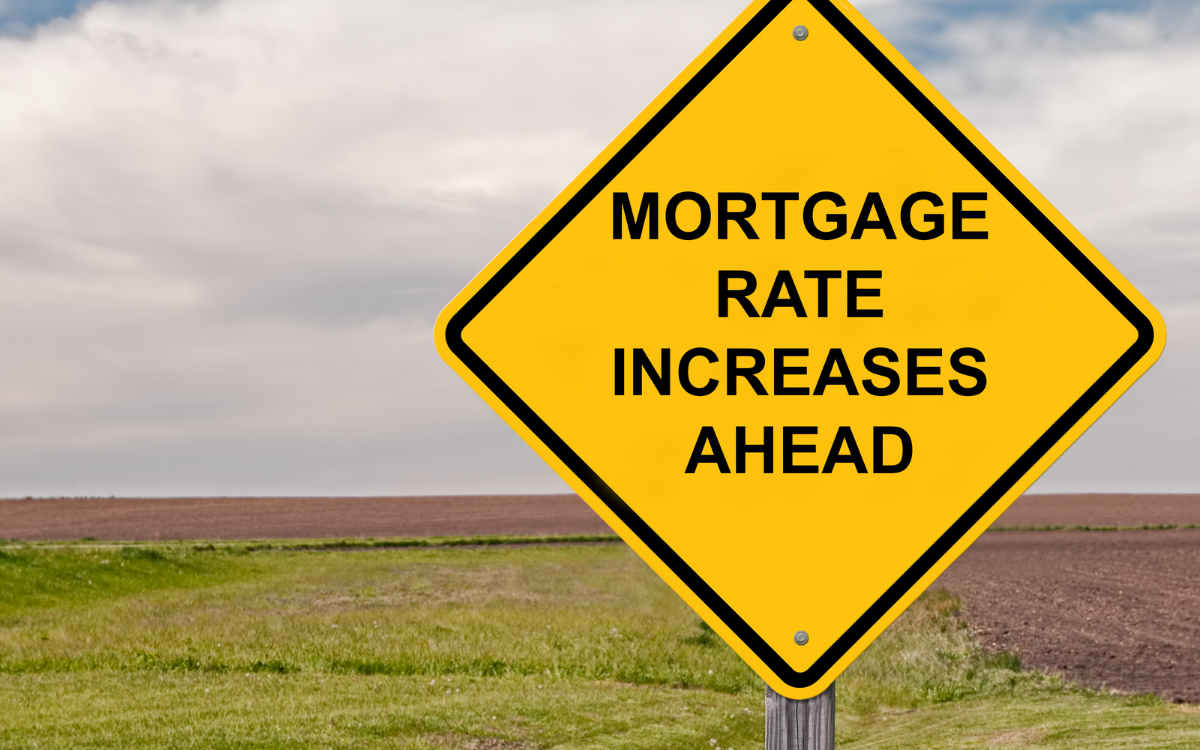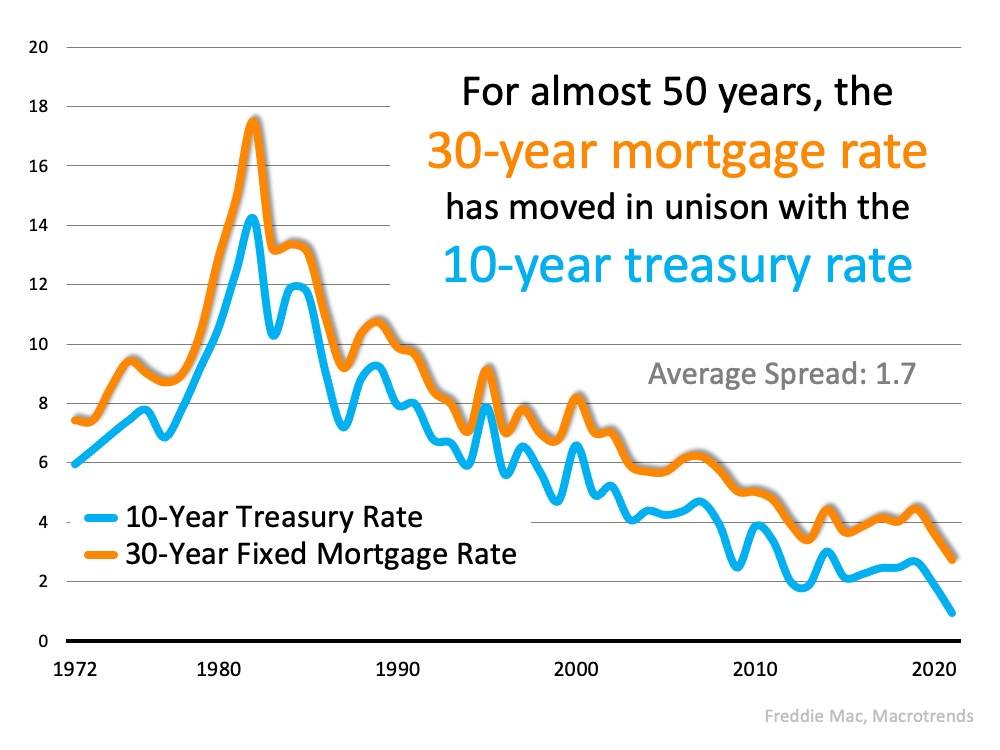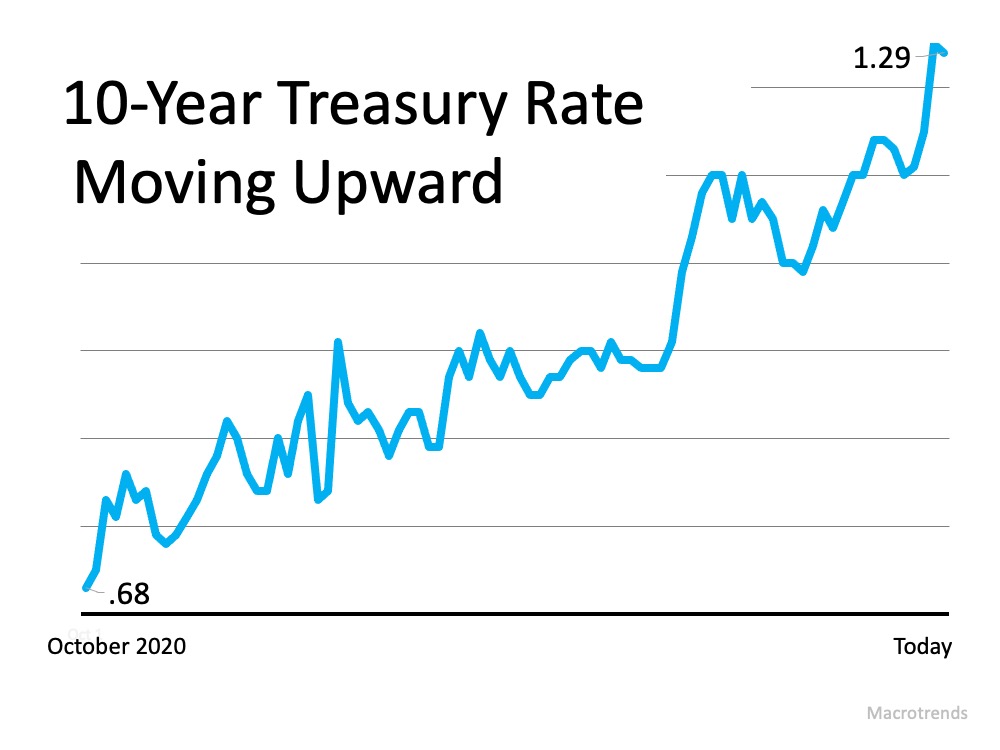Welcome Joseph Mackey
The Green Team is proud to announce that Joseph Mackey has decided to join our Vernon, NJ office. We’re excited to have him on our team and look forward to helping him grow!
Please join us in Welcoming Joseph Mackey to The Green Team New Jersey!
Welcome Barbara Matchett
The Green Team is proud to announce that Barbara Matchett has decided to join our Vernon, NJ office. We’re excited to have her on our team and look forward to helping her grow!
Please join us in Welcoming Barbara Matchett to The Green Team New Jersey!
Welcome Amy Klypka
The Green Team is proud to announce that Amy Klypka has decided to join our Vernon, NJ office. We’re excited to have her on our team and look forward to helping her grow!
Please join us in Welcoming Amy Klypka to The Green Team New Jersey!
Welcome Joseph Gorman
The Green Team is proud to announce that Joseph Gorman has decided to join our Warwick, NY office. We’re excited to have him on our team and look forward to helping him grow!
Please join us in Welcoming Joseph Gorman to The Green Team New York!
Home Mortgage Rates by Decade
![Home Mortgage Rates by Decade [INFOGRAPHIC] | MyKCM](https://files.mykcm.com/2021/02/18124453/20210219-MEM-1046x1207.png)
Some Highlights
- Mortgage interest rates have dropped considerably over the past year, and compared to what we’ve seen in recent decades, it’s a great time to buy a home.
- Locking in a low rate today could save you thousands of dollars over the lifetime of your home loan, but these low rates may not last forever.
- If you’re in a position to buy a home, let’s connect to determine your best move in today’s housing market while interest rates are still in your favor.
Contact one of Our Agents today!
Home Prices: What Happened in 2020? What Will Happen This Year?
The real estate market was on fire during the second half of 2020. Buyer demand was way up, and the supply of homes available for sale hit record lows. The price of anything is determined by the supply and demand ratio, so home prices skyrocketed last year. Dr. Lynn Fisher, Deputy Director of the Federal Housing Finance Agency (FHFA) Division of Research and Statistics, explains:
“House prices nationwide recorded the largest annual and quarterly increase in the history of the FHFA Home Price Index. Low mortgage rates, pent up demand from homebuyers, and a limited housing supply propelled every region of the country to experience faster growth in 2020 compared to a year ago despite the pandemic.”
Here are the year-end home price appreciation numbers from the FHFA and two other prominent pricing indexes:
- Federal Housing Finance Agency House Price Index Report: 10.8%
- CoreLogic Home Price Insights: 9.2%
- S&P Case-Shiller U.S. National Home Price Index: 10.4%
The past year was truly a remarkable time for homeowners as prices appreciated substantially. Lawrence Yun, Senior Economist at the National Association of Realtors (NAR), reveals:
“A typical homeowner in 2020, just by being a homeowner, would have accumulated around $24,000 in housing wealth.”
What will happen with home prices this year?
Many experts believe buyer demand will soften somewhat as mortgage rates are poised to bump up slightly. Some also believe the inventory challenge will ease as more listings come to market this year.
Based on this, most forecasters anticipate we’ll see strong appreciation in 2021 – but not as strong as last year. Here are seven prominent groups and their projections: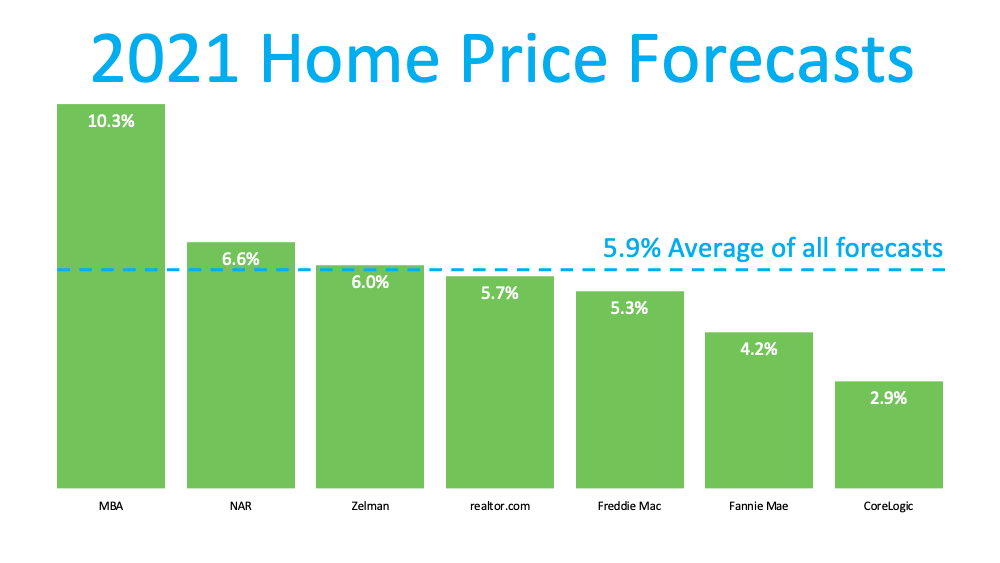
Bottom Line
Home price appreciation will be strong this year, but it won’t reach the historic levels of 2020. Let’s connect if you’d like to find out what your house is currently worth in our local market.
Maybe with the leverage you currently have, you can negotiate a deal that will allow you to make the move of your dreams.
What’s your home’s value?


 Facebook
Facebook
 X
X
 Pinterest
Pinterest
 Copy Link
Copy Link
